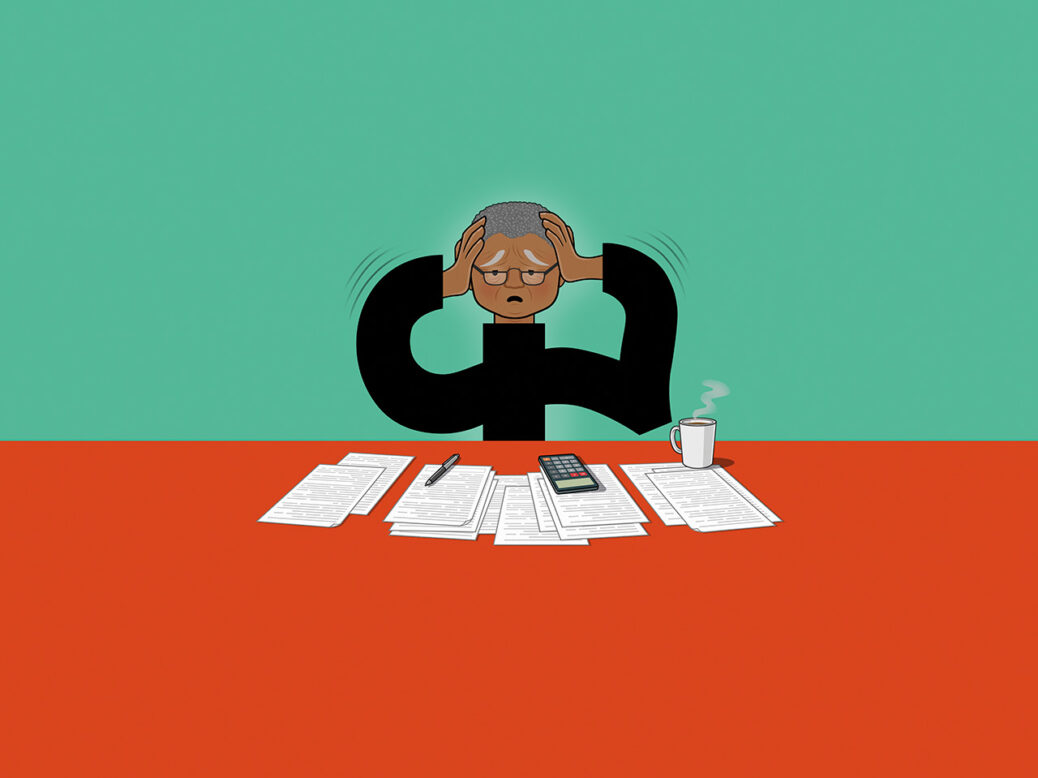
Since December 2019 the number of people aged 50-64 who are out of work and not seeking it has gone up by just over 300,000. The Treasury is alarmed enough by this that it is reported to have told the Times it was considering trying to tempt over-50s back into work with higher tax allowances or even an exemption from income tax.
It’s possible to make an economic and political case for doing this. Economically, we all benefit if labour becomes less scarce. There are more people to provide the things we want. Output would grow, which the government desperately wants to happen to improve its chances at the next general election. Older people are more likely to vote Tory as well, so tax breaks for them is a way of shoring up the party’s core vote. And if British people do not return to the labour market the UK will need more inward migration, which still agitates Tory members even if society as a whole is more relaxed about it than ten years ago.
The details of the proposal don’t seem right, however, and perhaps have been mangled by the briefing process. The Treasury will lose a lot of money if it exempts all over-50s from income tax, or increases their allowances by much, and singling out returners for the benefits would presumably cause people to “retire” and “return” to benefit from the new terms. Some economists have questioned the legality as well.
Even a more nuanced scheme that lowered taxes for all over-50s would be a punt: the initial effect would be a fall in tax revenues at a time when money is tight and public services straining. You would then have to hope that enough over-50s were tempted back to make it worthwhile, and that rather depends on why they left in the first place.
Those out of work because of ill health may not be persuadable. The rise in inactivity has been accompanied by a rise of about 500,000 in those out of work due to long-term sickness from spring 2019 to summer 2020. The total is now a record 2.5 million and half of those are between 50 and 64.
If people are physically not able to work a better policy would be to use money not on tax cuts but on addressing the crisis unfolding in the NHS. The crisis in emergency care provision and backlogs in dealing with conditions that would have been reversible are surely leading to increases in the deterioration of peoples’ long-term health. A more feasible ambition therefore might be to stem the rise in those 50-64 out of work due to sickness, rather than bringing people back to work.
Tax cuts for over-50s (full disclosure, I am 55) also do not look great given they have fared compared with younger people, in particular having faced much lower housing costs during their lifetimes. Attempts to tilt the balance back – say by increasing inheritance tax – could end up simply undoing the incentive effect of the income tax cut.
The apparent fretting about late middle-aged retirement also highlights a contradiction at the heart of the contemporary ideology of work. On the one hand, over-50s who can afford to retire are to be applauded for doing what they want in a free society. We work to spend money on things we want and leisure. At the end of our working life we take lots of leisure. On the other, people need to be reminded that work is good and given a nudge if they appear to forget this. Policymakers cannot have it both ways.
[See also: Most Brits say it’s fine for Rishi Sunak to use private healthcare]





